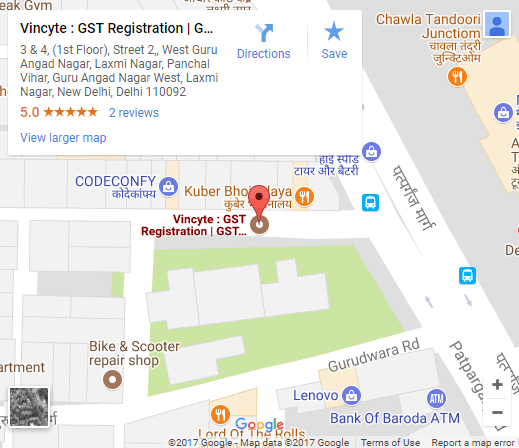GST Taxation
GST is levied on taxable supply of goods or services or both at the rate as notified by government on the value of taxable supply as calculated liability to pay tax under GST is on the supplier of taxable supplies although in some cases recipient bill be liable to pay tax in relation to taxable supply who are covered under reverse charged.
The basic features of law such as chargeability, definition of taxable event, taxable person, taxable transaction, basis of classification all would be uniform for both CGST and SGST, i.e. the basis of taxability would be same for both GST as well as SGST, thereby wiping out all the disputes currently taken up by VAT/sales tax authorities and service tax authorities or tax a single transaction. There are four forms of taxes under GST like CGST, SGST, UTGST & IGST, taxability of which are as follows.

CGST and SGST
It is levied on all intra – state supplies on the value as per section 15 at the rate as notified by central government and state government and will be paid by taxable person.

CGST and UTGST
it is levied on all taxable supply made within union territory (intra union territory) on the value as per section 15 at the rate as notified by central government and state government and will be paid by taxable person.

IGST
It is levied on all inter – state supplies on the value as per section 15 at the rate as notified by central government and state government and will be paid by taxable person. Transaction happening from one union territory to another union territory, from state to union territory IGST will be charged.
Meaning of Goods and services
“Goods’’Any kind of movable property other than money and securing. it includes actionable claim, growing crops, gross and things attached to and forming part of land served before supply or under contract of supply
“Services’’ mean anything other than goods.
Taxation principle
GST follows the destination principle i.e. impact of GST would fall on the person finally consuming the commodity. Also tax revenue in case of SGST accrues to the State where the imported goods and services are consumed.
GST has been structured on the destination base principle, as a result of this, tax base will shift from production to consumption whereby imports will be liable to IGST and exports has been relieved from the burden of GST by zero rating tax. Consequently, revenue accrues to the State in which the consumption takes place or is deemed to take place.
Time Of Supply
The time of supply of goods/services shall be the earliest of the following dates, namely,-

The date on which the goods/services are removed or the date on which the goods are made available to the recipient.

The date on which the supplier issues the invoice.

The date on which the supplier receives the payment.

The date on which the recipient shows the receipt of the goods/services in his books of account.
Tax Payment
The last date of payment of tax is on 20th day of succeeding month and for the month of March date of payment is 20th April. For composition tax payers last date of payment of tax is 20th of the month succeeding the quarter. Timing of payment will be from 12 am to 8 pm. Payment of tax can be made in following modes:

Through debit of credit ledger of tax payer maintained on common portal, but interest, penalty and fees cannot be paid through the credit ledger.

In cash by debit in cash ledger of the taxpayer maintained on the common portal. Money can be deposited in the cash ledger by e-payment (internet banking, credit card, debit card), RTGS, NEFT, over the counter payment in branches of banks authorized to accept deposit of GST.
How will imports be taxed under GST?
- The Additional Duty of Excise or CVD and the Special Additional Duty or SAD presently being levied on imports will be subsumed under GST. IGST will be levied on all imports into the territory of India. Unlike in the present regime, the States where imported goods are consumed will now gain their share from this IGST paid on imported goods.
Get In Touch

Contact Us
New Business

